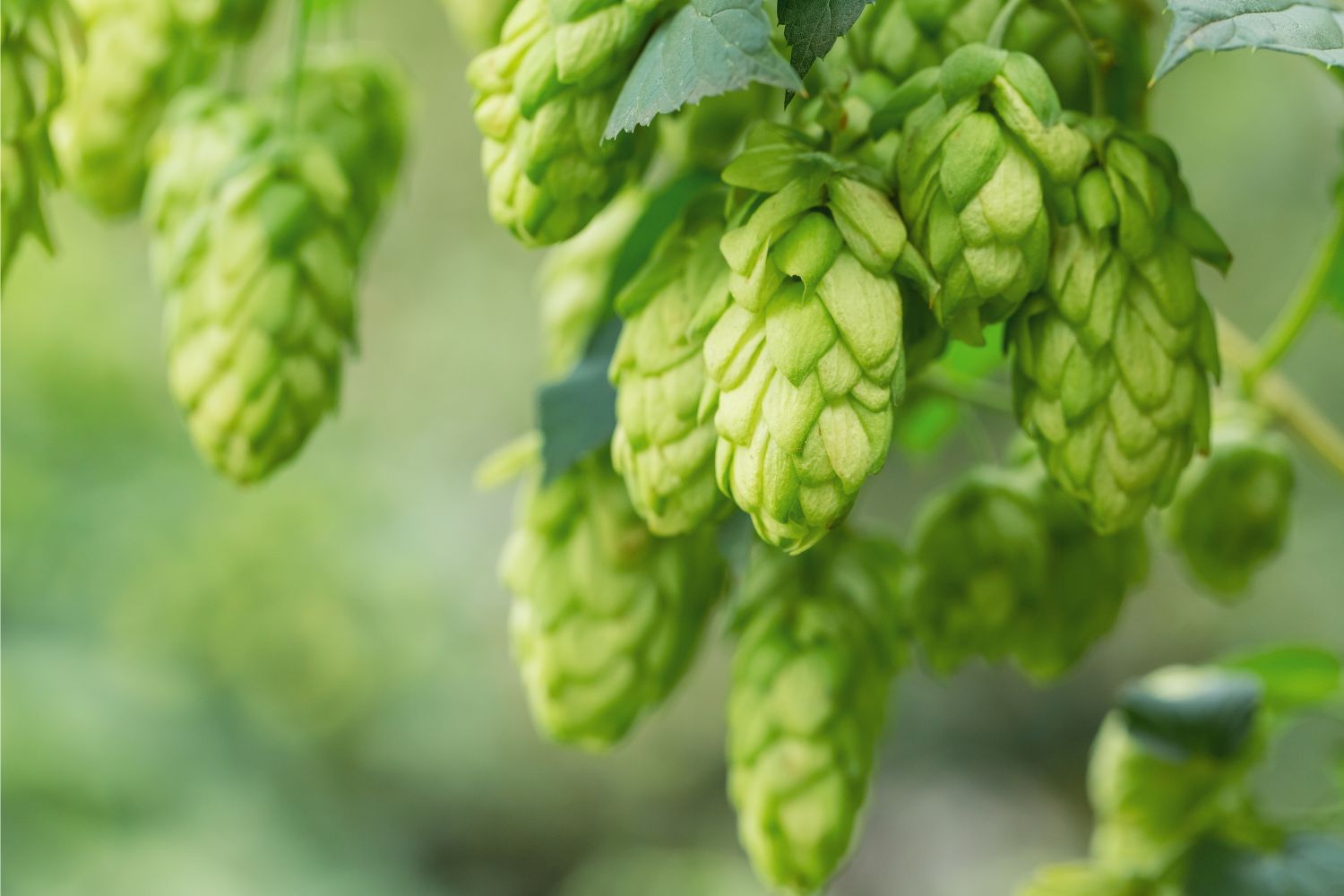Climate change in Europe is set to alter the quality of hops and could make beer more expensive, according to a study published in the journal Nature Communications.

Climate change is not only adversely affecting the conditions hop bines need to grow successfully. It is also affecting the levels of alpha acids in hops, which give them their natural bitterness and flavours.
“A predicted decline in hop yield and alpha content of 4% to 18% and 20% to 31% by 2050, respectively, calls for immediate adaptation measures to stabilise an ever-growing global sector,” says the report.
It notes that hop farmers can and have responded to climate change by relocating hop gardens to higher elevations and valley locations with higher water tables, building irrigation systems, changing the orientation and spacing of crop rows, and even breeding more resistant varieties.
In Eastern Europe, average hops yields have dropped by up to 19.4% in regions such as Celje, Spalt, Hallertau, and Tettnang. Decreases in alpha content of more than 40% have been noted.
“In summary, this study demonstrates a climate-induced decline in the quality and quantity of traditional aroma hops across Europe and calls for urgent adaptation measures to stabilize international market chains,” say the authors.











